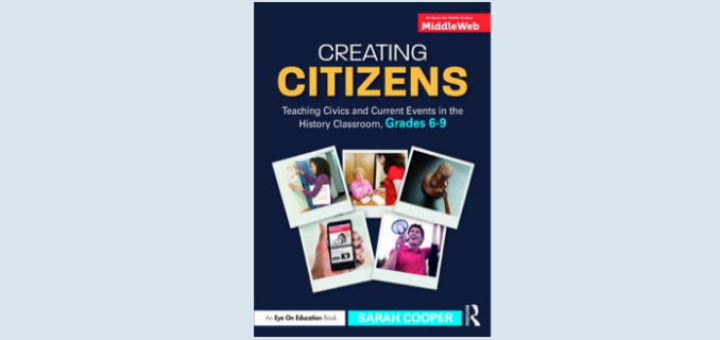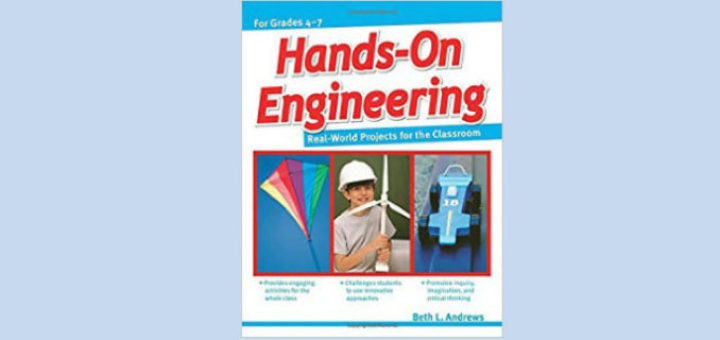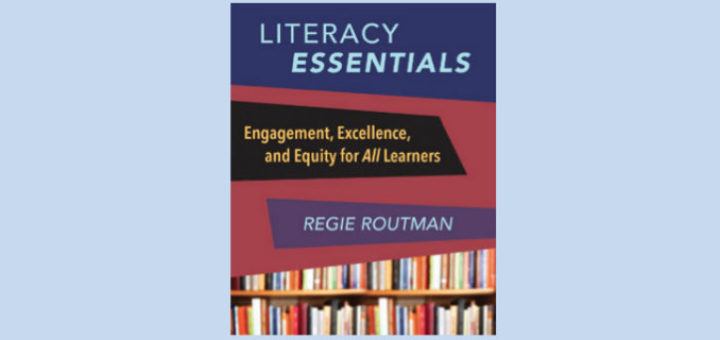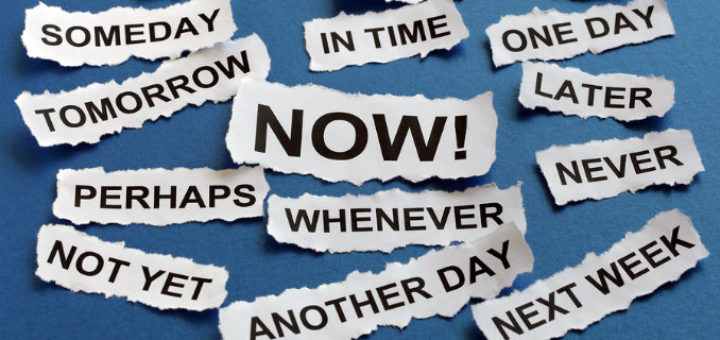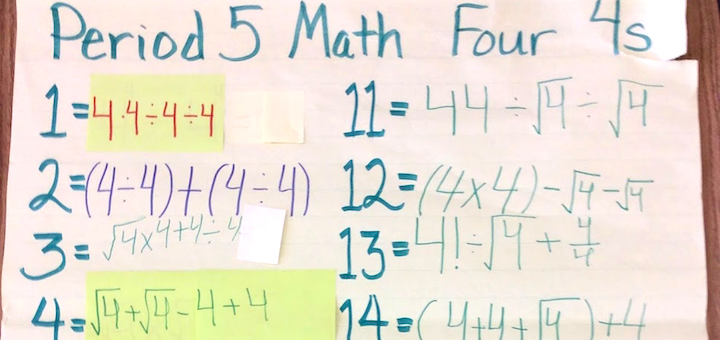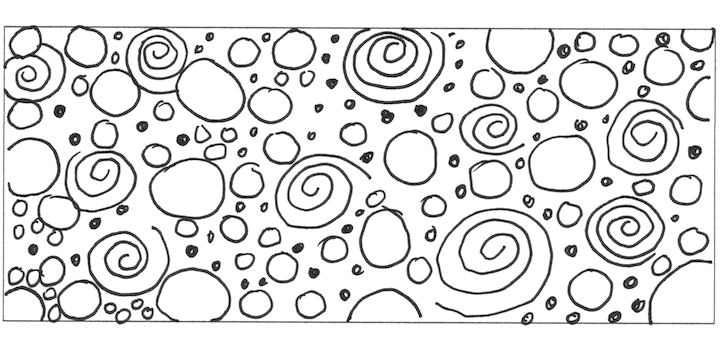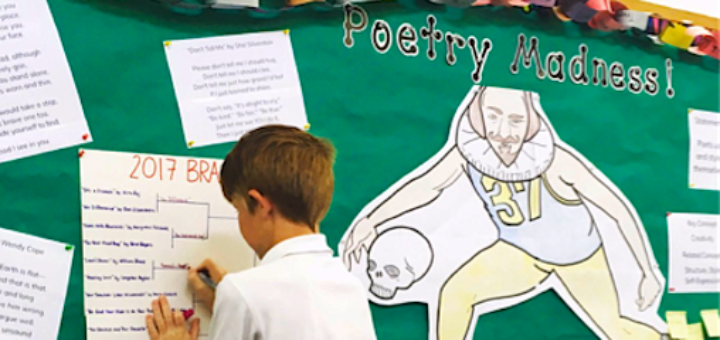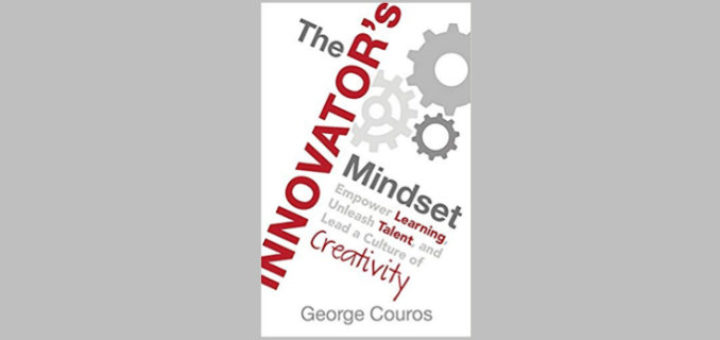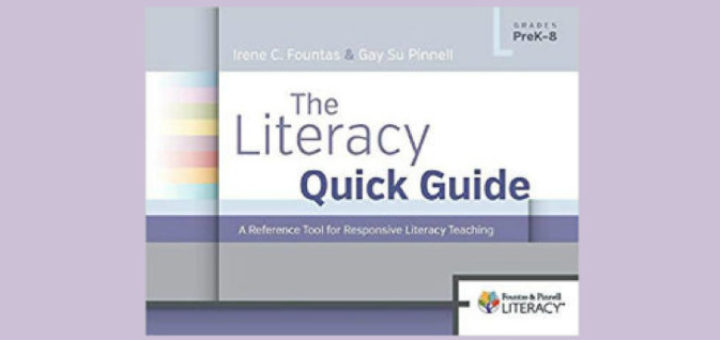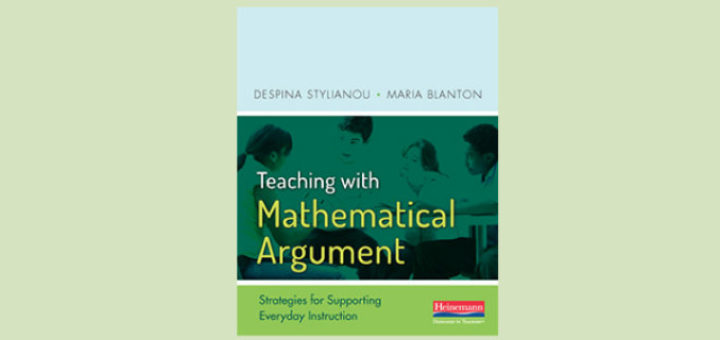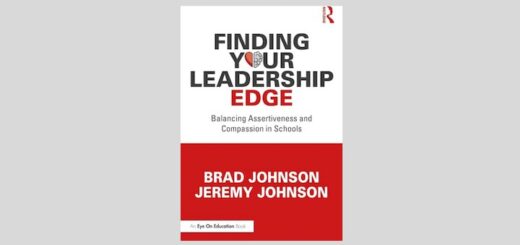Teaching and learning in grades 4-8
Sarah Cooper’s Creating Citizens is brimming with insight on how to connect current events to history, writes social studies teacher Joanne Bell. Cooper offers fresh ideas, higher order skills, and excellent implementation tips, all applicable to any period of history.
With its introduction to engineering design, thoroughly developed projects, teacher’s guide and more, Hands-On Engineering will likely prove a favorite with middle grades teachers. Gail Morris plans to make it a go-to resource as she integrates more STEM into her business and career classes.
The practical format of Regie Routman’s Literacy Essentials makes reading this robust, idea-packed book a pleasure. Its many examples, pictures, anchor charts, lesson plans, and lists make the advice easy to access and implement, writes improvement specialist Deana Jones.
Elizabeth Stein launches into the new school year with strategies to help co-teachers evaluate their current relationships and begin strengthening the one-on-one communication that is essential to provide learning opportunities for everyone in the classroom.
When students entered Michelle Russell’s classes for the first time during an extra-busy start of school, she saw it was time to focus on priorities: engagement, community building, classroom management, and sparking some excitement about math. Here’s what she did.
Anyone can doodle, writes Dr. Susan Daniels. When students doodle to represent concepts and ideas, they synthesize information and encode it in memory for easy recall and retrieval. It’s a well-researched strategy that can be used across grade levels and subject areas.
Megan Kelly always intends to integrate poetry across her units, but somehow ends up scrambling each year as National Poetry Month approaches. This fall she has a list of activities to hold herself accountable. Try some of her ideas in your own ELA, history, science or math classes.
You’ve heard of innovation, and you’ve heard of mindset, but what is an Innovator’s Mindset? School leader George Couros offers his manifesto on how we can change education, not with step-by-step instructions but by growing a teaching culture of “relentless restlessness.”
The Literacy Quick Guide by popular experts Irene Fountas and Gay Su Pinnell is a good planning resource for the busy teacher who does not have much time to read lengthy explanations and theory. Teacher Stacy Thorpe provides a detailed overview of the PreK-8 resource.
Teaching with Mathematical Argument can help support students as they reason through math problems, shifting the focus from “the answer” to the processes that lead to clearer understanding. Cynthia McBride likes the inclusion of assessment and parent communication advice.

